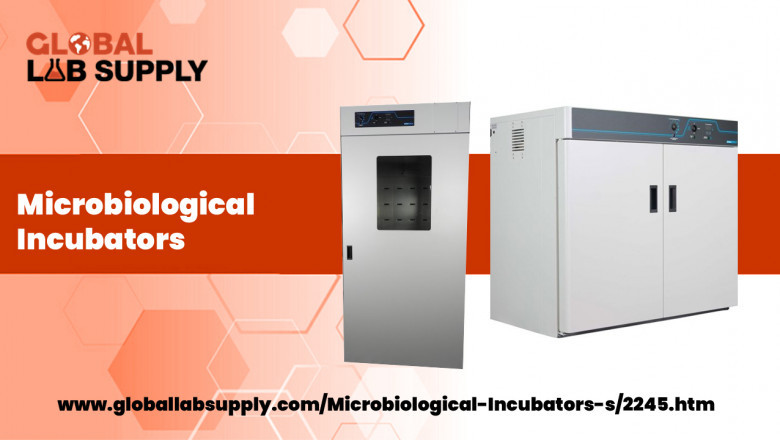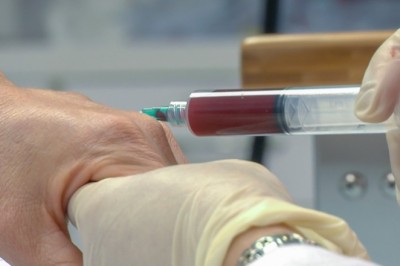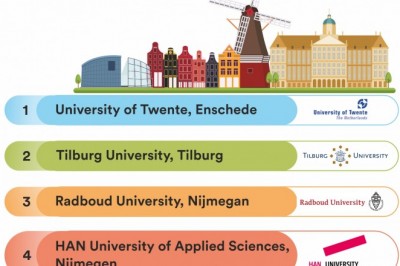views

Microbiological incubators are ideal for all applications with temperatures up to +80°C and for incubating living cultures at +37°C. Critical temperature overshoots are impossible with our precise control technology and valuable loads are warmed up carefully. Temperature is increased within a very narrow control range and kept exactly at the setpoint values.
Laboratory Incubators
When choosing the microbiological incubators there are many choices and options to choose from. The most Important thing is from the start is pinpointing what your labs needs are, and which incubator will best meet those needs.
· Is CO2 control required?
· Do you need humidity control?
· What temperature set points or ranges are needed? What temperature stability and uniformity is required?
· How much space will you need, and what style of incubator will work best? Stackable, bench top or a floor unit?
· Gravity convection or forced air circulation?
· What other features will be useful?
Microbiological Incubators
What Will Your Temperature Range Be?
If a temperature at or below 30°C is needed, your best choice will be a low temperature or refrigerated incubator. If the temperature needed is 30°C or above, a Global Lab Supply microbiological incubator will be good to for your lab. With either type of incubator, a temperature monitoring system will ensure that your incubator runs at the proper temperature.
Gravity or Forced Air Flow?
Incubators can be divided into two types depending on airflow. Gravity and forced air incubators. In a gravity flow incubator there are no fans to circulate air. Hot air naturally rises while cooler air settles. This may not be adequate for the needs of your lab. You may need an active or forced air flow incubator. These incubators regulate air themselves, usually using fans.
CO2 Incubators
Water-Jacketed vs Direct Heat Incubation
Water-jacketed incubators regulate temperature more quickly. They will hold temperatures longer if there is a power failure. Water-jacketed incubators do not offer a high-temperature decontamination cycle. Direct heat incubators usually have some type of sterilization cycle that makes reseting the incubator simple.
Variable O2 Control
If your lab procedures call for cell growth in proper conditions controlling oxygen levels can help your cells grow faster and healthier, which in turn will save time and money for your lab.
What Cooling Type Will Your Lab Need?
Cooling in incubators is achieved by either a compressor or thermoelectric device. A compressor allows your incubator to reach temperatures down to 0°C or lower. A thermoelectric device uses less energy and does not use any refrigerants in their cooling process.
Environmental Chambers
Humidity Control?
If precise humidity control is required in your lab process, you will need an incubator with an environmental chamber. These allow you to control and hold a precise humidity for your samples. A temperature monitoring system will also be key in ensuring that this type of unit holds the humidity exactly.
Original Source: https://www.fuzia.com/article_detail/610947/microbiological-incubators-what-are-they-and-how-will-the












